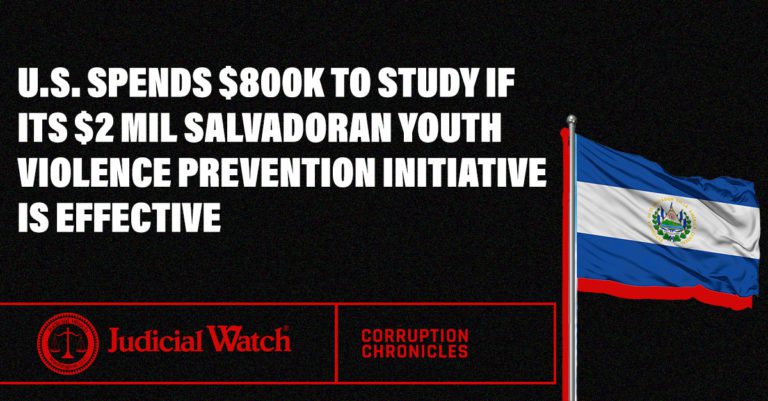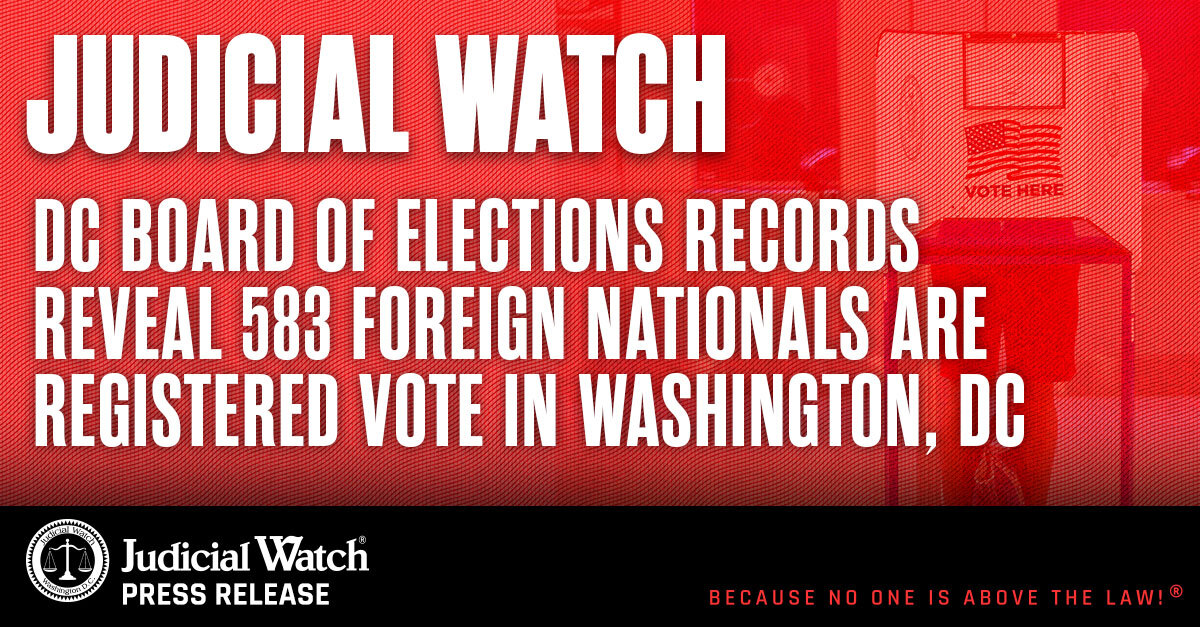

U.S. Spends $800k to Study if its $2 Mil Salvadoran Youth Violence Prevention Initiative is Effective


Less than a year after the government dedicated millions of dollars to study if its costly decade-old Latin American gang prevention initiative is effective, it will spend another $800,000 to research if a similar taxpayer-funded program is working in El Salvador. The new probe will focus on the Police Athletic League (PAL) youth outreach program, which Uncle Sam has funded in the impoverished Central American country to the tune of $2 million. The money flows through the Bureau of International Narcotics and Law Enforcement Affairs (INL), a State Department offshoot created in the late 70s to reduce drug trafficking into the U.S. from Latin America. The INL claims to keep Americans safe by countering crime, illegal drugs, and instability abroad. It is handsomely funded by Congress and this fiscal year the State Department requested $456.8 million for its drug-related programs. The funds help strengthen the rule of law, human rights protections, law enforcement capacity, anti-corruption activities, and other critical efforts around the globe, according to the budget request.
But the government does not really know how effective INL-funded initiatives are and therefore pours more money into finding out. PAL is a police-led outreach program that engages youths in activities such as soccer, basketball, swimming, and dancing to keep them from engaging in violence. It aims to keep at-risk-youth away from potential gang and migration activities by providing fun and safe after-school activities, according to the State Department. “Instructors lead conversations with the kids about drug prevention, resilience during COVID-19, and risks of immigration, among others,” the agency writes in its description of the Salvadoran initiative. More than 20,000 kids have enrolled in the program, which is run by a local nonprofit—with U.S. funds—called Fundacion Patria Unida, that works to end “social insecurity.” Cops certified by El Salvador’s National Civil Police oversee activities and “build strong bonds with the youth participants,” according to U.S. authorities. Besides getting millions in funding from American taxpayers, the Salvadoran initiative has received $3.6 million from a foundation.
Now the U.S. will invest an additional $800,000 to find out if the youth initiative is working. The goal is to evaluate and scientifically validate the methods, impact, and effectiveness of the PAL program in El Salvador, according to the grant announcement. Grant recipients are asked to include a “Gender, Equity, and Inclusion Analysis” that addresses the ways in which women, gender diverse persons, and members of other marginalized and underrepresented groups might affect and be affected differently by the research. This includes safe and meaningful participation. “Strengthen your proposal by incorporating the results of this gender, equity and inclusion analysis into your project design,” the State Department writes to potential grant applicants. “Include a description of how you will minimize any inequities and identified potential risks.” Findings will be published in English and Spanish and shared with police leadership in El Salvador.
Less than a year ago Judicial Watch reported on a similar controversial investment—$2 million—to study the effectiveness of another INL program in Latin America. It is known as Gang Resistance Education and Training (GREAT) and has been funded by the U.S. since 2010 in El Salvador, Honduras, Panama, and Costa Rica to prevent youth crime, violence, and gang involvement. Government figures show that 487,890 at risk youth in Honduras, 170,767 in El Salvador, 150,000 in Panama, and 45,685 in Costa Rica have completed the U.S.-financed program in the last decade, but outcomes are unknown, so the government spent an additional $2,025,000 to have nonprofits and academics provide in-depth outcome evaluations. It does not appear that the monstrous U.S. investment to counter crime and drugs in Latin America is having much of an impact. Latin America is the world’s most violent region, according to a study published by Florida International University (FIU). The report includes figures released over the last decade by the World Health Organization (WHO) and United Nations Drug and Crime Office (UNODC) that show, when compared to other world regions, crimes in Latin America tend to be more violent, murder is committed more frequently, and the threat or use of physical force is more common. Additionally, Latin America’s average prison population rate is more than double that of the world, the academics found.














